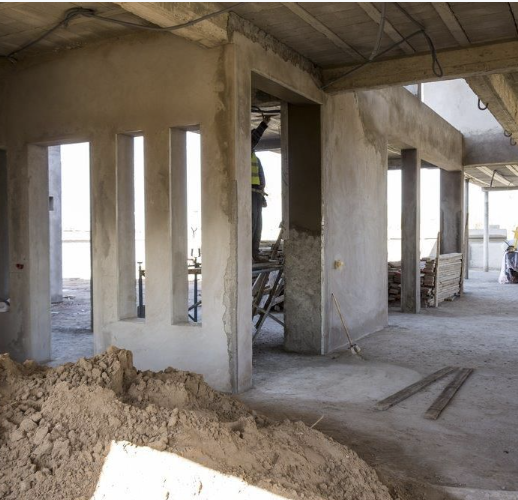Earlier in the year a British landlord was convicted of failing to carry out important health and safety work in the house he was renting out to an individual. The tenant lived in terrible conditions – no heating or hot water, mould, collapsed ceilings, damp, and the ever growing risk of a major gas explosion.
This case highlights the relationship between landlord responsibilities, the law and insurance. As with the case above, failure to follow legislation can lead to prosecution or fines for those involved. However, generally insurance policies only offer financial protection when a policyholder is in line with the law and manufacturers recommendations.
Although in this case the property involved was residential, there are similarities when it comes to commercial properties and how a landlord can ensure their insurance is valid. Regulations do vary depending on the type of property involved; however following safety guidelines is a positive step in ensuring tenants and members of the public are kept away from risk.
Gas Safety
Gas appliances that have not been correctly installed or maintained can lead to carbon monoxide poisoning, which could be fatal. Therefore it is important to carry out the following gas safety checks:
- When servicing gas appliances, use the manufacturer’s instructions
- Check gas appliances annually.
- Installation, maintenance and safety checks should be carried out by a Gas-Safe-registered engineer.
- Keep a record of each safety check for at least two years.
- Provide tenants with a record of the latest safety check within 28 days of it being completed, or whenever a new tenant moves in.
Not carrying out regular inspections means not following health and safety regulations, which in turn could invalidate some or all of a landlord’s insurance cover.
Fire Safety
Landlords can be fined for putting tenants at risk by not having adequate fire safety precautions. There doesn’t even need to have been a fire – one landlord was fined over £10,000 for not having the correct safety records. To prevent this from happening:
- Keep an up to date fire risk assessment.
- Ensure electrical equipment is maintained properly, in line with manufacturer’s instructions.
- Provide fire precautions such as escape routes, fire-resistant doors and walls, fire alarms and extinguishers.
Electrical Safety
Electrical safety in relation to electronic appliances in the workplace will usually fall under the responsibility of tenants. However, landlords are often responsible for ensuring all wiring is safe for use, for example plug sockets. Checks should be carried out at least every 10 years, or preferably on change of occupancy.
Air Conditioning
Air conditioning units with an output of 250kw or more must be inspected by an energy assessor. This assessment will show how efficient the unit is, and highlights areas in which it could improve.
- From January 2011 all units with an output of 12kw require an inspection
- The unit must be checked every 5 years
- All inspections and maintenance on the unit must be carried out by a qualified engineer
Energy Performance
Prospective tenants must be provided with an Energy Performance Certificate (EPC), which gives information on energy efficiency and recommendations for improvement. This is an obligation, but it could also help to save money, cut energy consumption and reduce carbon emissions.
Is your commercial landlord insurance valid?
It is important to know your responsibilities as a landlord, and what laws are applicable to you and your property.

